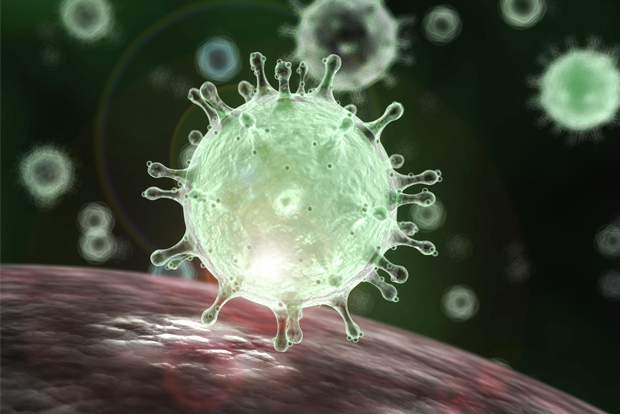Tackling virus, all hands on deck
The dizzying advance of the novel coronavirus is constantly marked by newer and grimmer milestones.;
By : migrator
Update:2020-03-20 02:02 IST

Chennai
The latest being over 9,000 dead worldwide, over two lakh confirmed as infected and the shifting of the epicentre of the pandemic from China to Europe. At home, India recorded its first four deaths and even though the number of those detected with COVID-19 remains relatively low at around 173, the challenge to prevent its spread is formidable and daunting.
The good news is that India is still in Stage 2, which essentially means that transmission has been limited to close contacts of those who picked up the infection abroad. The challenge is to prevent it from escalating to Stage 3, or community transmission, which is what is prevalent in South Korea, Iran and many parts of Europe.
The Indian Council of Medical Research (ICMR) has suggested that the country needs to be realistic and pragmatic about containing the further spread of COVID-19, but the strategy adopted for the next fortnight is clearly focussed on social distancing accompanied by a slew of measures including travel bans and a shutdown of places such as schools, universities, malls, pubs and other recreational facilities.
In comparison to some other countries, including those in Europe, the Indian government has been quick to institute preventive measures. But the impact of the virus on a population that is both densely packed and poor is something that will become clearer in the days to come. Social distancing has its own limitations when families need to earn a livelihood to survive and return after work to the walls of a small one-room tenement for the night.
Earlier this week, the World Health Organisation settled in favour of a clear approach to tackle the pandemic. “Test, test, test,” WHO’s Director General Tedros Adhanom Ghebreyesus told a press conference dramatically – a remark that was interpreted in some quarters as drawing attention to the tardy manner in which the USA, the UK and some countries in Europe were dealing with coronavirus. At the same time, the approach was founded on the success that countries such as South Korea, Singapore – and even badly-hit China, where the virus originated – have had in containing COVID-19 spread.
ICMR said that as on March 19, a total of 14,175 samples from 13,285 individuals have been tested for SARS-CoV2. It’s a poor number compared to the 2.7 lakh already tested in South Korea. The existence of 72 testing laboratories in a country of this size is something of a joke and the ICMR has done the right thing, even if inexcusably late, by deciding to rope in the private sector and expand testing facilities. Given a pandemic of this nature, any way forward must have all hands on deck.
Visit news.dtnext.in to explore our interactive epaper!
Download the DT Next app for more exciting features!
Click here for iOS
Click here for Android

